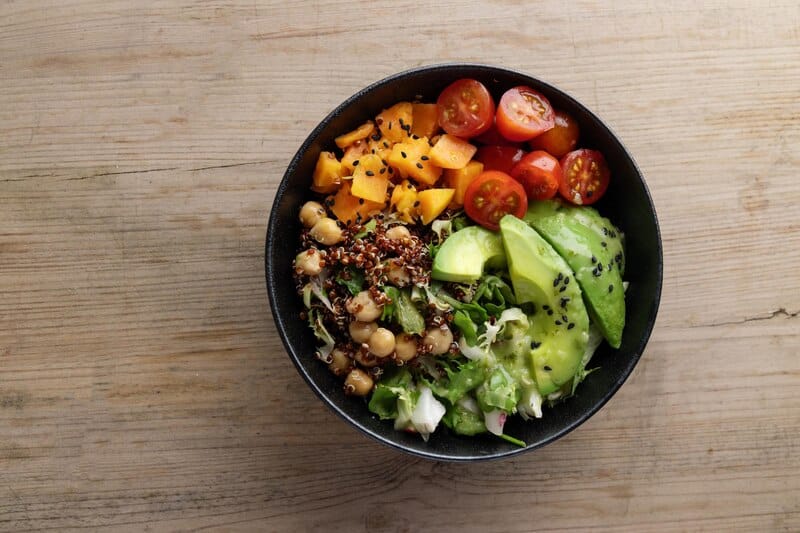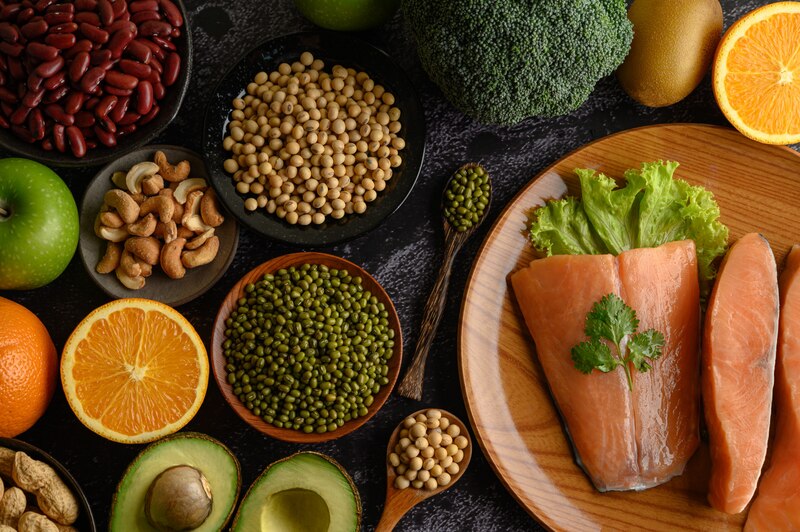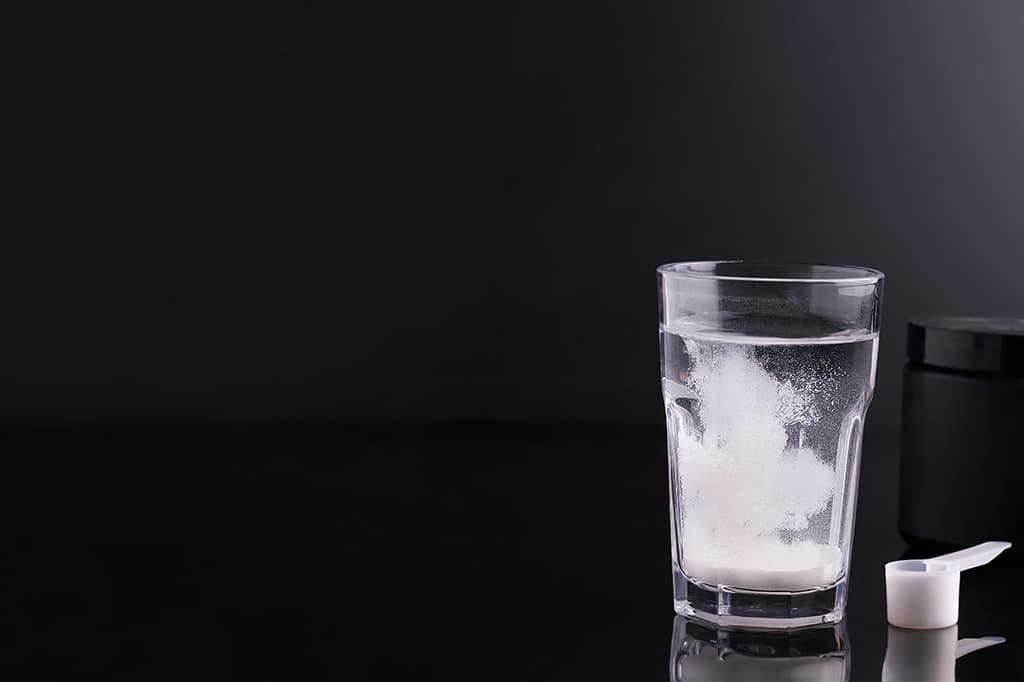Is plant-based protein comparable to animal protein? We requested the assistance of registered dietitians in weighing the advantages of adopting vegan sources over meat.
Everyone is aware of the necessity of consuming sufficient protein. It aids in building and repairing muscle, gives much-needed energy, and even contributes to gut health. In many cuisines, the majority of which are western or have been inspired by western colonization, meat, dairy, and eggs have been synonymous with protein. Furthermore, it is considered preferable to plant-based alternatives such as beans, tofu, and lentils. However, nothing could be further from the truth. In numerous respects, plant protein is superior to animal protein. We will describe why.

What does protein do?
Protein is an indispensable macronutrient composed of linked amino acids. The human body uses twenty distinct amino acids to construct a protein. The body can produce 11 of these amino acids, whereas the remaining nine must be obtained from the diet. They are referred to as “essential amino acids.” They are known as histidine, isoleucine, leucine, lysine, methionine, phenylalanine, threonine, tryptophan, and valine, in case you were curious.
Protein is essential for a variety of bodily processes. It provides energy in building and repairing tissue following injuries, exercises, surgery, and other forms of tissue breakdown.
Enzymes are required for optimal digestion, blood coagulation, muscular contraction, and energy production, and are synthesized from protein. Additionally, protein enhances your immune system, aids in nutrient transfer to cells, controls fluids, and helps you maintain a healthy pH. As you can see, protein does a lot.

Can protein be obtained from plants?
Yes, you can, and there are numerous solutions available. There are prepackaged lentils, peas, beans, seitan, and plant-based meats. Soy products such as tofu, tempeh, and edamame are particularly high in protein, vitamins, and minerals.
Soy products contain phytoestrogens, which reduce the incidence of osteoporosis, heart disease, and breast cancer, according to Kristin Gillespie, MS, RD, LDN.
Are there any disadvantages? “It is important to note that the iron type and amount vary between plant-based and animal-based protein sources; non-heme iron, which is present in plant proteins, is less readily absorbed,” Gillespie explains.

Is vegetable protein superior to animal protein?
The most egregious aspect of animal protein is that it originates from animals who have been reared to be slaughtered. Similar to dogs, these animals can think and experience fear, happiness, and suffering. In addition, animal husbandry is a significant contributor to climate change, deforestation, air and water pollution, soil degradation, ocean acidification, habitat loss, and biodiversity loss caused by humans.
There are numerous reasons to cook more frequently with plant-based protein. However, before making any significant dietary changes that could influence your health, you should always visit your physician. A qualified dietician could also help you build a lifestyle-specific meal plan and instruct you on how to obtain protein from plants.
There are additional health benefits associated with eating tofu and beans. This is why.
- It is equally nutritious as animal protein.
There is no way around the importance of consuming adequate protein. 10 to 35 percent of your daily caloric intake should come from this food source.
But in general, yes. Your real protein needs depend on your age, body size, physical fitness, pregnancy, illness, and whether or not you are recovering from a severe operation or accident.
How our systems utilize proteins originating from plants and animals is remarkably similar, according to a study.
According to Dana Ellis Hunnes, Ph.D., MPH, RD, the changes that were originally believed to render plant-based proteins less accessible are now considered to be rather insignificant. These proteins have additional benefits, which we will discuss next.
- Protein from plants is less inflammatory.
Inflammation is the body’s natural response to disease and injury. According to Harvard Health, persistent inflammation can contribute to Type 2 diabetes, cancer, and cardiovascular disease over time.
“Animal proteins are more pro-inflammatory because they are frequently rich in animal fats and include more pro-inflammatory amino acids,” adds Hunnes. In contrast, plant-based proteins typically contain anti-inflammatory vitamins, minerals, polyphenols, and phytonutrients.
Several of these can even negate the detrimental effects of inflammation. For instance, chickpeas, lentils, split peas, and other legumes are rich in anti-inflammatory fiber and phytonutrients.
- Plants contain fiber.
Meat, shellfish, and dairy products do not naturally include fiber, an indigestible carbohydrate that helps maintain healthy gut bacteria and digestive health. However, lentils, beans, and other plant-based complete foods provide protein.
Even veggies include minor amounts of protein, but the majority of this muscle-building nutrient should come from the legume family. Several health advantages have been associated with fiber, including preserving gut health, managing blood sugar levels, and lowering “bad” cholesterol levels.
- Protein deficiency is probably not a concern.
Unless the majority of a plant-based diet consists of foods with low nutritional value, such as chips, cookies, candy, ice cream, the majority of snacks, and other prepackaged foods, it is almost impossible to become protein deficient, even if you dislike bean curd or navy beans.
Hunnes advises, “If you don’t like tofu, don’t force yourself to eat it.” “Nearly all foods contain protein. Each piece of whole-wheat bread has four to five grams of protein. Therefore, if you diversify your diet daily, you will consume adequate protein, fiber, and practically all other essential nutrients.”
- You can obtain sufficient amino acids
Due to the difference in amino acid concentration between plant and animal proteins, the former has a reputation for being inferior to the latter. In general, animal proteins do contain the nine necessary amino acids. However, the notion that plant proteins are inferior in quality is a misconception.
Complete protein sources derived from plants include soybeans, tofu, tempeh, quinoa, buckwheat, amaranth, hemp seeds, and nutritional yeast. However, some of these solutions can be expensive. Fortunately, it is simple to obtain all nine required amino acids from plants by combining various foods. This is because plant proteins tend to be rich in certain amino acids but deficient in others. These options, which blend carbohydrates and proteins, sound delectable.
Gillespie cites brown rice and black beans, peanut butter on whole-grain toast, and hummus on pita as examples of protein-rich combinations.
Other possibilities are lentil or bean soup with whole-grain crackers and whole-grain spaghetti with peas (with garlic, lemon, extra virgin olive oil, and freshly cracked black pepper).
- Protein derived from plants can offer many health benefits.
As we already know, plant-based proteins from whole foods typically contain fiber, but they also offer a variety of additional health benefits.
Plant-based proteins are rich in vitamins, minerals, and antioxidants, but animal proteins are typically higher in cholesterol and fat. A diet rich in whole, plant-based foods may reduce your risk for a variety of chronic health disorders, including heart disease, stroke, Type 2 diabetes, and certain forms of cancer, according to studies.
In conclusion, sufficient protein may be obtained from plants, and protein deficiency is nearly unthinkable in the Western world. Combining several forms of plant-based proteins will guarantee that you receive all nine essential amino acids, as well as vitamins, minerals, and dietary fiber.








